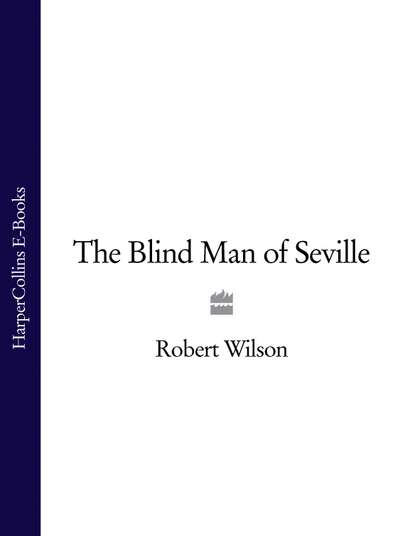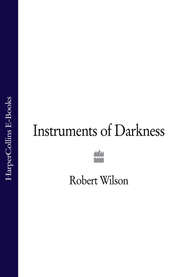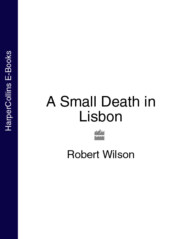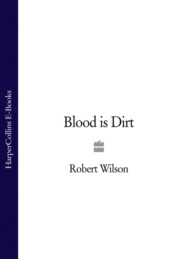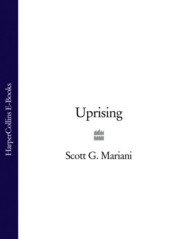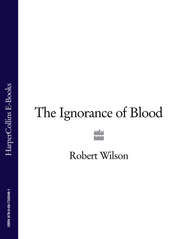По всем вопросам обращайтесь на: info@litportal.ru
(©) 2003-2024.
✖
The Blind Man of Seville
Автор
Год написания книги
2018
Настройки чтения
Размер шрифта
Высота строк
Поля
‘I mean … this work. It does things to you.’
‘What?’
‘I don’t know, I suppose you have to be callous to survive.’
‘Callous?’ he said. ‘Me? I investigate murder. I investigate the reasons why these moments of aberration occur. Why, in the heart of such reasonable times, such heights of civilization, we can still break down and fail as human beings. It’s not like I’m putting down pets or slaughtering whole herds of cattle.’
‘I didn’t know you were so sensitive about it.’
They were so close he could smell the menthol from the cigarettes on her breath, even over the sweat and perfume in the bar. This was how it was with Manuela. She was provocative and it was why her boyfriends, selected for looks and wallet, never lasted. She couldn’t keep up the fluttering femininity.
‘Hija,’ he said, not wanting this, ‘I’ve had a long day.’
‘Wasn’t that what you said was one of Inés’s accusations?’
‘You said the forbidden word, not me.’
Manuela looked up, smiled, shrugged.
‘You hoped I’d been paid for vaccinating that poor man’s dog. It struck me as hard-hearted, that’s all. But perhaps you were just being … phlegmatic.’
‘It was a small joke in bad taste,’ he said, and then surprised himself by lying. ‘I didn’t know the dog was a present for the kids.’
Alejandro stuck his magnificent jaw line in between them. Manuela laughed for no reason at all, other than it was early days and she was still keen to make her man feel good about himself.
They talked about los toros, the only topic they had in common. Manuela enthused over her favourite torero, José Tomás, who was, unusually for her, not one of the great beauties of the plaza but a man she admired for always being able to bring some tranquillity to the faena. He never rushed, he never shuffled his feet, he would always bring the bull on with the face of the muleta, never the corner, so the bull would always pass as dangerously close to him as possible. Inevitably he would be hit and when this happened he always picked himself up and walked slowly back to the bull.
‘I saw him on television in Mexico once. He was hit by the bull and it tore his trouser leg open. The blood was running down his calf. He looked pale and sick, but he stood up, got his balance, waved his men away and went back to the bull. And, the camera showed it, there was so much blood running down his leg that it was filling his shoe and squirting out with every step. He lined the bull up and put the sword in to the hilt. They carried him straight out to the infirmary. ¡Que torero!’
‘Your cousin, Pepe,’ said Alejandro, who’d heard that story too many times, ‘Pepe Leal. Will he get a chance in the Feria?’
‘He’s not our cousin,’ said Manuela, forgetting her role for a moment. ‘He’s the son of our sister-in-law’s brother.’
Alejandro shrugged. He was ingratiating himself with Javier. He knew that Javier was Pepe’s confidant and that, when work permitted, he would go to the plaza on the morning of the corrida to make the bull selection for the young torero.
‘Not this year,’ said Javier. ‘He did very well up in Olivenza in March. They gave him an ear from each of his bulls and they’ll invite him back for the Feria de San Juan in Badajoz, but they still don’t think he’s big enough for the Feria de Abril. He can only sit around and hope for someone to drop out.’
He felt sorry for the boy, Pepe, just nineteen years old, a great talent, whose manager could never quite get him into the first category plazas. It was nothing to do with ability, only style.
‘Fashion will change,’ said Manuela, who knew that Javier felt responsible for the boy.
‘He’s convinced he’s too old to get anywhere now,’ said Javier. ‘He looks at El Juli, who seems to have been with us for decades and who’s only a couple of years older than him and he loses heart.’
Alejandro ordered three more beers from the barman. Manuela was giving Javier her raised eyebrow.
‘What?’ he asked.
‘You,’ she said. ‘You and Pepe.’
‘Forget it.’
‘Remember what the guy wrote in 6 Toros last year.’
‘He was an idiot.’
‘You’re closer to Pepe than his own father. All that business he does in South America and he won’t even go and see his son when he’s performing in Mexico.’
‘You’re being sentimental, like that journalist was,’ said Javier. ‘I only ever help Pepe with his bulls.’
‘You’re proud of him in a way that his father isn’t.’
‘You’re not being fair,’ he said, and then to change the subject: ‘I came across a photograph of Papá today … ‘
‘You need to find yourself a woman, Javier,’ she said. ‘It won’t do, you going through all the old albums.’
‘This was a shot I found in Raúl Jiménez’s study. He was in Tangier around the same time. Papá didn’t know he was being photographed.’
‘Was he doing something unforgivable?’
‘It was dated August 1958 and he was kissing a woman …’
‘Don’t tell me … she wasn’t Mamá?’
‘That’s right.’
‘And you were shocked?’
‘Yes, I was,’ he said. ‘It was Mercedes.’
‘Papá was no angel, Javier.’
‘Wasn’t Mercedes still married then?’
‘I don’t know,’ said Manuela, waving it all away with her cigarette. ‘That was Tangier in those days. Everybody was as high as a kite and fucking everybody else.’
‘Can you try and remember? You were older. I wasn’t even four years old.’
‘What does it matter?’
‘I just think it might help.’
‘With Raúl Jiménez’s murder?’
‘No, no, I don’t think so. It’s personal. I just want to sort it out, that’s all.’
‘You know, Javier,’ she said, ‘maybe you shouldn’t be living in that big house all on your own.’
‘I did try to live there with somebody else, who we can’t mention.’





